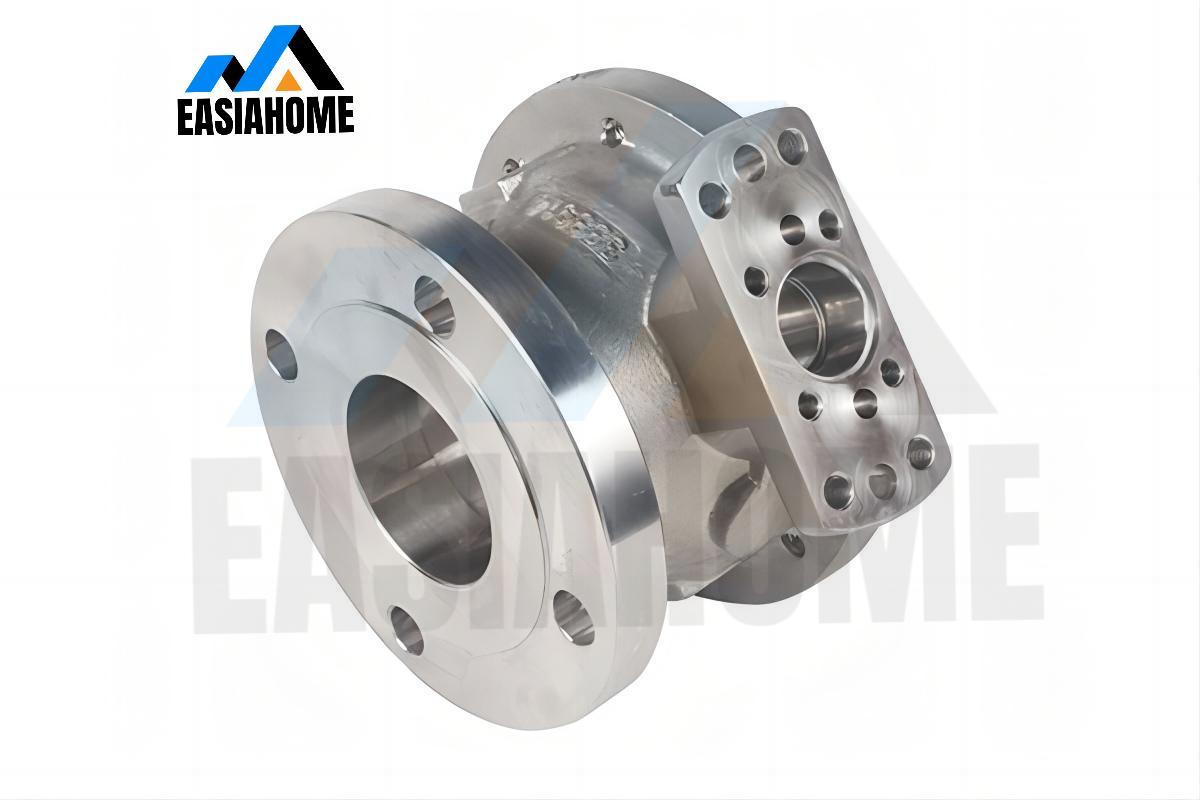CNC (Computer Numerical Control) machines can work with a wide range of materials, each with its specific properties and machining requirements. Here are some common materials used in CNC machining::
-
Metals:
- Aluminum: Lightweight, excellent machinability, good thermal and electrical conductivity.
- Steel: Durable, strong, and available in various grades suitable for different applications.
- Stainless Steel: Corrosion-resistant, ideal for applications requiring hygiene and durability.
- Brass: Excellent machinability, corrosion resistance, and aesthetic appeal.
- Copper: Good thermal and electrical conductivity, often used in electrical and heat transfer applications.
- Titanium: High strength-to-weight ratio, corrosion resistance, commonly used in aerospace and medical industries.
- Cast Iron: Excellent damping properties, wear resistance, and stability, suitable for heavy-duty applications.
-
Plastics:
- Acrylic: Transparent, lightweight, and easily machinable, often used for signage and display applications.
- ABS (Acrylonitrile Butadiene Styrene): Tough and impact-resistant, commonly used in automotive and consumer goods.
- Nylon: High strength, good wear resistance, low friction, and excellent chemical resistance.
- Polypropylene (PP): Lightweight, chemical-resistant, and versatile, used in a wide range of applications.
- Polycarbonate (PC): Transparent, impact-resistant, and suitable for applications requiring high optical clarity.
- PEEK (Polyether Ether Ketone): High-performance thermoplastic with excellent mechanical and chemical properties, used in aerospace and medical industries.
-
Composites:
- Carbon Fiber Reinforced Polymer (CFRP): High strength-to-weight ratio, stiffness, and excellent fatigue resistance.
- Fiberglass Reinforced Polymer (FRP): Good strength and stiffness, corrosion-resistant, and cost-effective.
- Aluminum Matrix Composites (AMC): Aluminum alloy with embedded ceramic or metal particles for enhanced strength and wear resistance.
- Wood Composites: MDF (Medium-Density Fiberboard), Plywood, and other wood-based materials often used in furniture and decorative applications.
-
Other Materials:
- Glass: Brittle material, used for precision components and optical applications.
- Ceramics: Hard and brittle, often used in specialized applications requiring high-temperature resistance or electrical insulation.
- Foam: Used for prototyping, modeling, and packaging applications.
These are just a few examples of the materials commonly used in CNC machining. It's important to consider the specific requirements of each material, such as cutting speeds, tooling selection, and machining techniques, to achieve optimal results in CNC machining processes.



